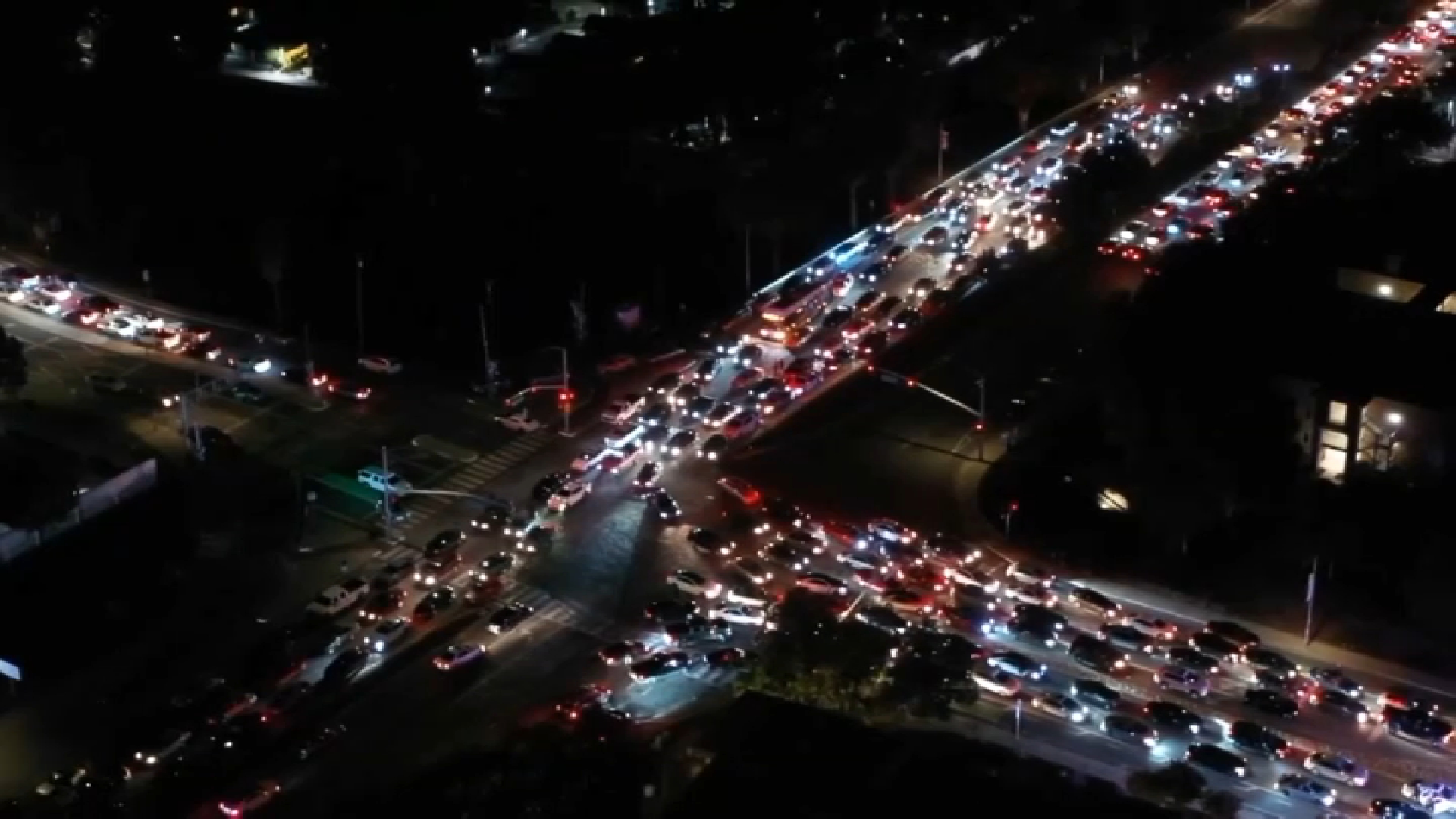San Francisco will temporarily halt the reopening of additional activities and businesses planned for this week because of an increase in coronavirus case rates and hospitalizations, the city's mayor and health director said Friday.
That includes expanding capacity for indoor dining at restaurants, and at places of worship and museums among other businesses, as cases increase not just in San Francisco but also in California and nationally, said Mayor London Breed and Director of Public Health Dr. Grant Colfax.
Breed said San Francisco, which has taken a far more conservative approach to reopening than many parts of California and the United States, has been “a model for the world” but now will continue its cautious approach.
“We are the second densest city in the United States. We should be proud. But we know that there’s still more work to do,” she said.
San Francisco’s case rate has gone from 3 people per 100,000 to 4 people per 100,000 in the last two weeks in San Francisco, Colfax said, a 25% increase.
“We are still in the midst of a pandemic,” Breed said. “We are tired of COVID-19 but COVID-19 isn’t tired of us.”
Local
The majority of activities and businesses that were set to reopen or expand their capacity will now pause, they said. That includes delaying openings of indoor pools, bowling alleys, and locker rooms at fitness centers.
But what’s open now can continue operating, and lower-risk activities will continue to open on Tuesday as planned. That includes indoor dining at museums up to 25% capacity and expanded film productions with safety steps in place. Schools will continue to reopen. Officials said more than 75 schools have been approved to reopen and “a handful of high schools” are set to begin in-person classes in the next week.
Restaurants are disappointed they can't jump to indoor dining at 50% capacity, Golden Gate Restaurant Association Executive Director Laurie Thomas said in a statement. But she said outdoor dining and indoor dining at 25% capacity will continue.
The group understands the delay is needed "to keep our city from facing the surges and backtracking of reopening that we are seeing across many parts of the country and internationally,” she said.
Positive cases are increasing across California, but Gov. Gavin Newsom focused on the rate of positive tests, which he noted has reached 20% to 30% in some areas of the country as nearly half of states report record-high cases.
In California, the positivity rate is 3% over 14 days and 3.1% over seven days.
The most populous state is anticipating an increase with the holidays and more indoor activities, coupled with the start of the flu season, which Newsom used to tout the timing of this week’s opening of a new $25 million coronavirus testing laboratory.
On Friday he toured the lab that was set up in Valencia, in Los Angeles County, as part of an agreement worth up to $1.4 billion with Massachusetts-based diagnostics company PerkinElmer.
“Why the federal government hasn’t done this, why we haven’t seen more scale and more leverage ... federally is beyond me,” Newsom, a Democrat, said in a dig at the Republican Trump administration five days before the presidential election. He said California “is doing our part and we hope that will encourage others to do more still.”
The laboratory will initially process about 40,000 tests a day but should reach its full capacity of 150,000 tests a day by March 2021 under the agreement, which was first announced in August.
California is already routinely conducting well over 100,000 tests a day, so the new laboratory will eventually more than double the state's testing capacity.
“This really is meant to be part of the backbone for testing in California,” said Dr. Mark Ghaly, California’s health and human services secretary.
The company is required to provide results in no more than two days to help health officials more quickly identify hotspots and trace the contacts of those who test positive.
The new lab will also bring down the cost of each test, to $31 when it reaches capacity, Newsom said. By comparison, Medicare and Medicaid reimburse at about $100 per test and the average cost of a test can range as high as $200, which Newsom said is unsustainable.
The contract will initially cost the state $100 million but could eventually climb to $1.4 billion. It will employ up to 700 people.
For most people, the new coronavirus causes mild or moderate symptoms, such as fever and cough that clear up in two to three weeks. For some — especially older adults and people with existing health problems — it can cause more severe illness, including pneumonia, and death.
The number of infections is thought to be far higher because many people have not been tested, and studies suggest people can be infected with the virus without feeling sick.
___
Thompson reported from Sacramento.



